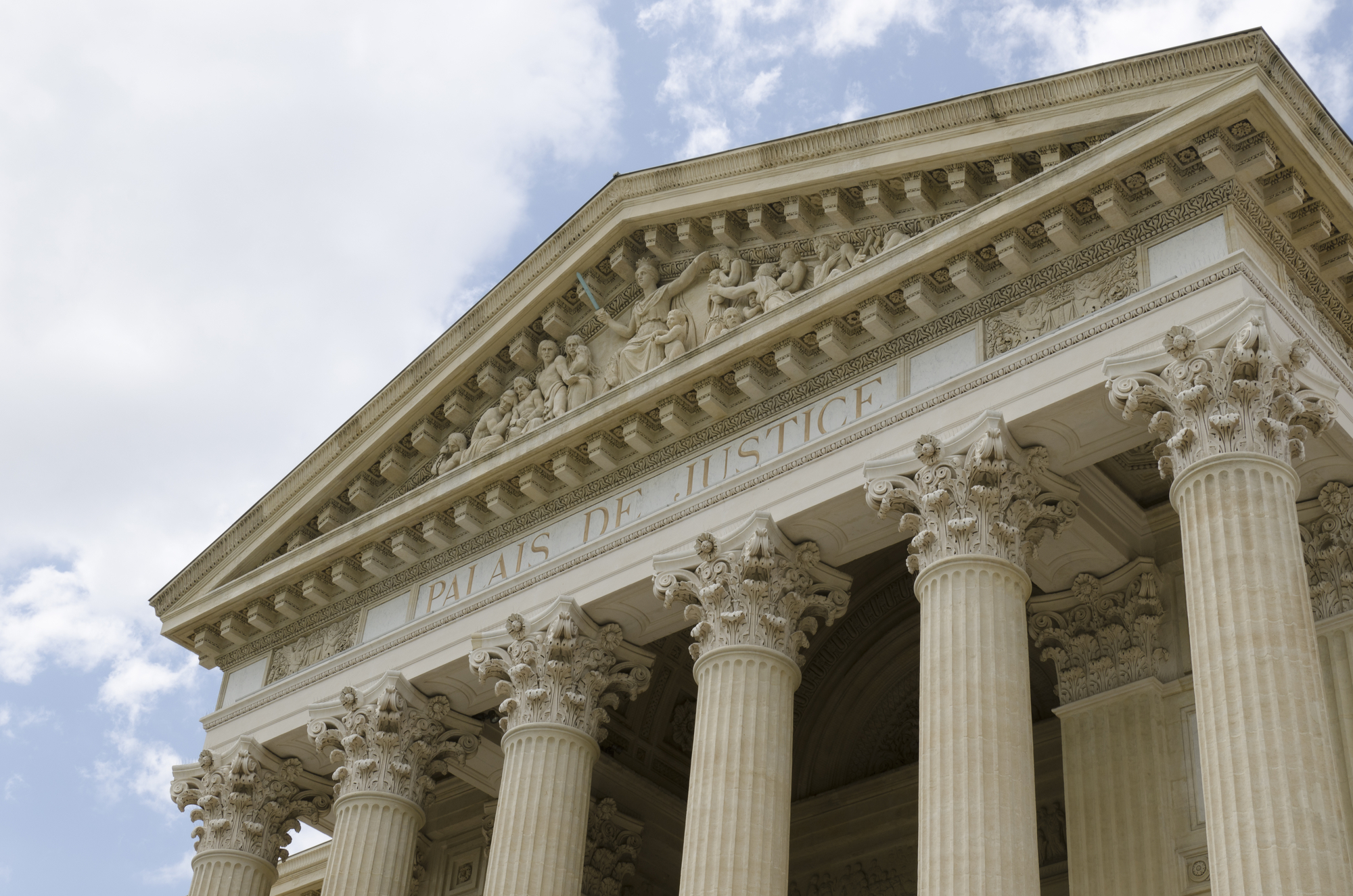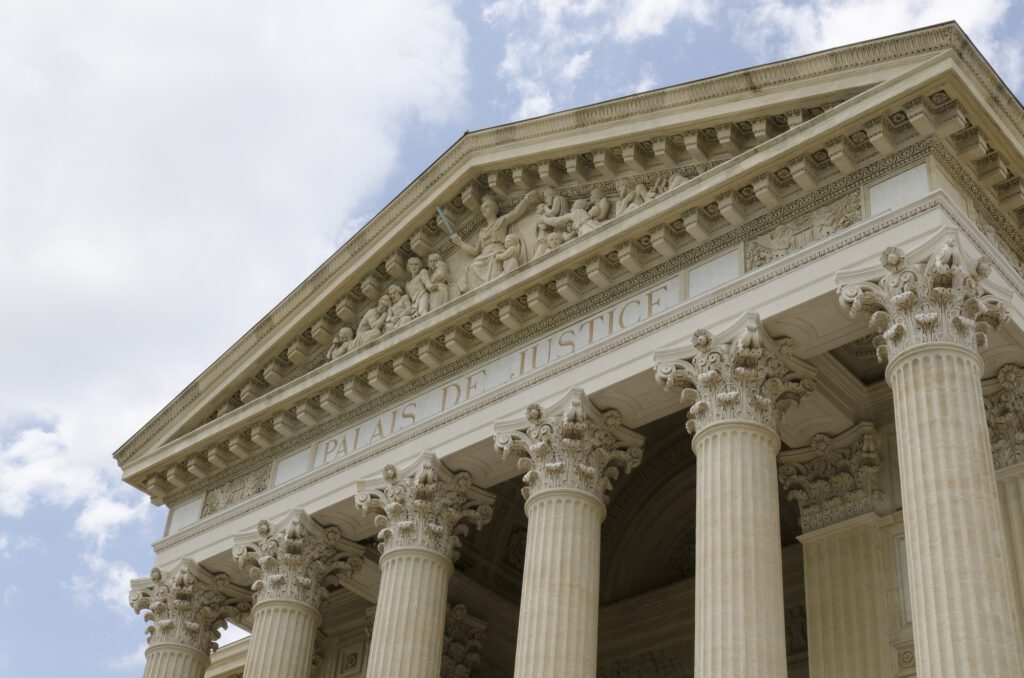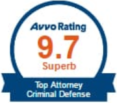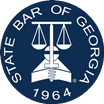Skilled Violent Crimes Defense Lawyer
in Madison, Georgia


Are you or a loved one facing prosecution for violent crimes? A conviction can be devastating. Georgia imposes mandatory prison sentences, upon conviction, for many of these offenses. To secure your rights and preserve any defenses, you need to retain a skilled and experienced violent crimes lawyer in Madison.
Michael Fulcher Law offers residents of Morgan County, and the surrounding areas, over 17 years of experience as a prosecutor, public defender, and privately retained violent crimes lawyer. He knows all the Morgan County players—police, prosecutors, and judges—and will use this combination of experience, knowledge of the law and criminal procedure, and familiarity with the players to navigate outcomes to your benefit. We will vigorously defend you or your loved one with your best interests front and center. Call or contact Michael Fulcher Law online now to schedule a free consultation.
Have a Skilled Violent Crime Lawyer In Georgia Defending Your Case
A skilled and experienced violent crime lawyer will analyze the prosecutor’s version of the story of what happened and develop a defense strategy based on the particular facts and circumstances of your case.
To preserve all your options, you should hire a violent crime attorney as soon as possible after you become the target of any investigation or after your arrest. You want a savvy defender by your side at each stage of a prosecution—bail hearing, arraignment, pretrial discovery and motion practice, plea negotiations, and if necessary, at trial.
Michael Fulcher Law has the courtroom experience you need to fully litigate your case. Of course, most prosecutions for violent crimes resolve with plea negotiation. However, if you are best served with a full trial, Michael Fulcher Law has over 17 years of trial experience. We will evaluate the prosecution’s case—was the arrest legal, was the search legal, were witnesses coached or coerced, was evidence properly handled, were chemical and toxicology tests conducted according to professional standards—and develop a defense strategy that fits the facts of your case.
CALL US NOW
FOR A FREE CONSULTATION
Facing legal challenges, whether it’s a DUI, criminal charge, or navigating traffic-related offenses, requires a skilled advocate. Turn to Morgan County’s Michael Fulcher Law for a blend of legal expertise and unwavering client service from a former Georgia prosecutor. Discover the optimal legal solution for your situation by calling our criminal defense law firm at (706) 438-1555 or reaching out online. Schedule your free consultation today and gain a clearer path forward.
Types of violent crimes in Georgia
Facing the prospect of a prison sentence and significant fines, you need to hire a violent crime lawyer in Georgia who will defend your rights and preserve all of your defenses. Michael Fulcher Law is here to represent you to our fullest, ready to build a viable defense. We have extensive experience representing Georgia residents accused of:
- Armed robbery: a conviction for armed robbery carries a prison sentence of at least 10 years, without the option of parole, to a maximum sentence of 20 years to life.
- Assault in all degrees: assault can be charged as a misdemeanor or a felony. A felony assault charge carries a maximum sentence of 20 years in prison.
- Battery in all degrees: battery, too, can be charged as a misdemeanor or a felony. A felony battery charge carries a maximum sentence of 20 years in prison depending on the kind of violence used and the resulting injuries.
- Domestic violence: sentencing upon conviction depends on the underlying charges—assault, battery, stalking, criminal damage to property, unlawful restraint, or criminal damage to property and can reach up to 20 years in prison.
- DUI vehicular homicide: when charged as a felony, sentences can range from 3-15 years in prison.
- Manslaughter: depending on the circumstances, manslaughter can carry a sentence of up to 20 years in prison.
- Murder: a conviction for murder requires a mandatory sentence of life in prison.
- Weapons charges: pointing a gun at another or discharging a gun on a public road can result in a sentence of up to 12 months in jail. Possessing a prohibited weapon—bazookas, hand grenades, mortars, rocket launchers, sawed-off shotguns and rifles, and silencers—can bring a sentence of up to 5 years in prison. Taking a gun into a school zone is a felony punishable from 2-10 years in prison.
Facing these charges is daunting. A skilled and experienced violent crime lawyer by your side each step of the way will help you to better understand the nature of the proceedings and fiercely advocate on your behalf.
Michael Fulcher Law will use all our accumulated knowledge and skill to defend you. Here is some of what we do:
- We will thoroughly investigate your case, to fully uncover and understand the scope of the prosecutor’s case.
- We will find the flaws and ambiguities in the witnesses’ accounts of what happened.
- We will cross-examine witnesses, digging for inconsistencies and finding all of the contradictions.
- We will find witnesses to testify on your behalf, including experts to draw doubt into the prosecution’s story.
- We will devise an overall legal strategy as well as interim steps for each stage of the prosecution.
- We will advise you on plea bargain offers from the prosecutor.
- We will use the law and judicial precedent to challenge evidence and testimony to create reasonable doubt
Contact our Violent Crimes Lawyer in Madison, Georgia
You deserve skilled and competent legal representation when facing a violent crime prosecution. A good lawyer will guide you through the stress of a prosecution while rigorously defending your rights, preserving defenses, and challenging the prosecution to be fair.
Michael Fulcher knows criminal law, with over 15 years of experience as a prosecutor, public defender, and privately retained defense counsel. That experience includes a deep understanding of law, criminal procedure, and familiarity with all of the players—police, prosecutors, and judges—in Morgan, Greene, Putnam, Taliaferro, and Jasper Counties.
Michael Fulcher Law will fiercely defend your legal rights, honestly assess the strength of the prosecution’s case, and advise you on a course of action that is in your best interests.
With offices in Monroe and Madison, we are conveniently located. To accommodate you, we can also arrange for a confidential teleconference.
Call or contact us online to schedule a free consultation. Your free consultation with Michael Fulcher Law is confidential, covered by attorney-client privilege. Your frank answers to all questions will assure a realistic assessment of the charges so that we can advise you on your rights, defenses, and how to proceed.
Frequently Asked Questions
AMAZING WORK
“Mr. Fulcher has been tremendously helpful with my case. Since hiring him he has consistently returned my calls as quickly as he can. We discussed an ideal outcome, and I set about doing exactly as he said. Following his advice we were able to get a very favorable outcome. He is always quick to answer any questions, and has stayed very engaged with me throughout this ordeal. Michael provides excellent counsel, and I would recommend him to anyone!”
— TOM




